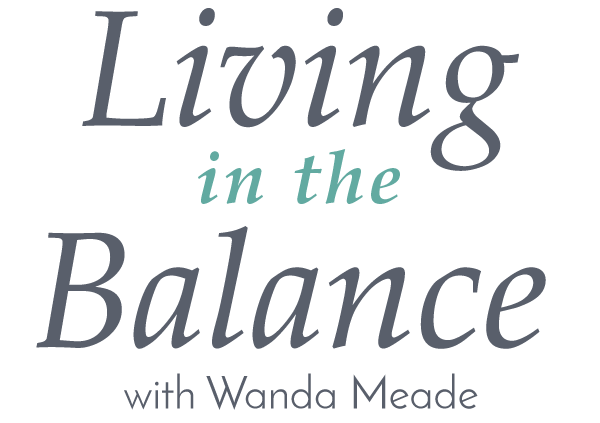When faced with an issue, question or concern in our lives, sometimes we would welcome an opportunity to think out loud without getting covered up in well meaning advice or someone else’s experiences. Writer and teacher, Parker Palmer describes a method used by the Quakers called the Clearness Committee which he describes as “a method that protects individual identity and integrity while drawing on the wisdom of other people.” Based on the premise that each of us has within us the answers that we are seeking, the task of the Clearness Committee is to help an individual uncover their own wisdom.
The process provides a safe “container” in which you can do your own discernment work. Prior to meeting with the clearness committee, you and I will meet and discuss what you are trying to discern, sort out, and get clarity about. You will then write up the issue in three to five pages in a specific format that will help you focus on the issue while providing the members of the Clearness Committee some background information.
Working together, we’ll decide who will be members of your Clearness Committee. You may select people that you know or we may decide to choose people who don’t know you, but who are familiar with the process. Usually a committee will include both. The participants will be given specific information about how the process will work and will be instructed in regard to their part in this meeting. Confidentiality and trust will be paramount.
I will facilitate the actual meeting which lasts about three hours. During this time, the participants will be allowed to ask only open, honest questions. There is no advice giving and “leading” questions are not permitted. The pace will be slow and gentle with plenty of time for you to reflect upon and form your answers. Members of the committee will be totally attentive to you. Silence will be welcomed and honored.
One or two participants will “scribe” during the meeting time. They will write down the questions and your answers. At the end of the meeting, these scribed notes will be given to you. In addition, you may choose to record the process on your electronic device.
Having participated in this process myself and having lead others in the process, I can say that new insights can be gleaned from this method of discerning. Participants find that they continue to have new learnings and deeper understanding long after the process is completed. They find that the notes from the scribes are especially helpful and offer opportunities for further reflection since they can “hear” their own replies again and again by reading the notes.
